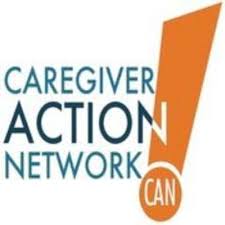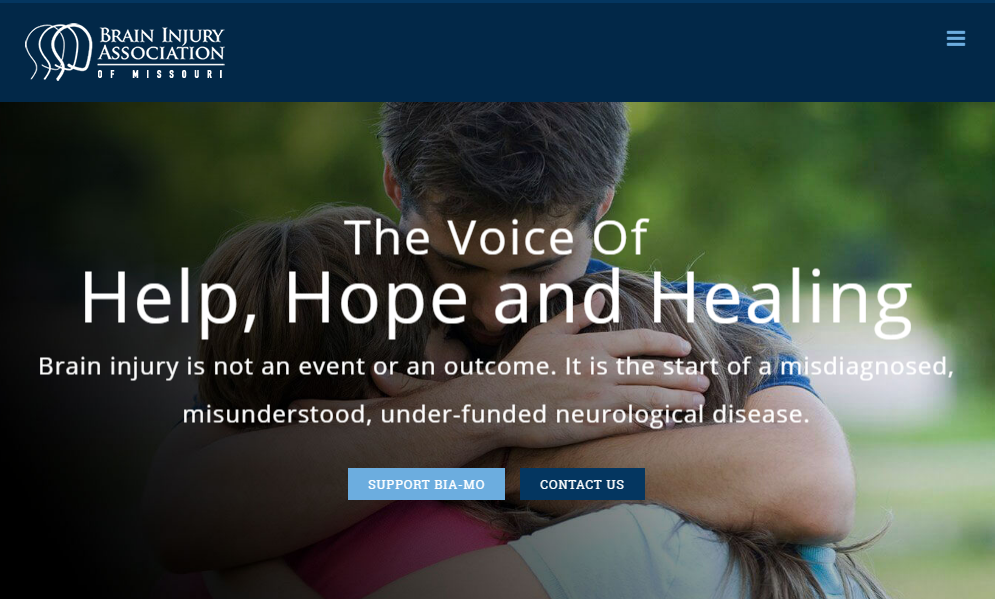How to Heart Your Kidneys

*By the National Kidney Foundation
Show your kidneys some love through preventative care. March is National Kidney Month and the National Kidney Foundation is calling on all Americans to #HeartYourKidneys.
When you love someone, you want them to be safe and happy. The same goes for your kidneys. When you “heart” your kidneys, you’re taking steps to make sure that they are protected and doing well. As the master chemists of your body, kidneys are as important as any other vital organ – if they stop working, so do you. Here’s how you can show them some love:

Learn about kidneys
When it comes to vital organs, hearts get all the love. But kidneys do an amazing number of complex jobs, like removing wastes and extra fluid from your blood, regulating blood pressure, helping to make red blood cells, and controlling vital hormones and minerals.
Take care of yourself
The best way to heart your kidneys is to heart yourself. Lifestyle and dietary choices have a big impact on kidney health. Some simple tips to start:
- Avoid high sodium foods and foods with high saturated fat content.
- Drink plenty of fluids because dehydration can seriously damage your kidney. This also reduces the risk of kidney stones.
- Don’t smoke or consume too much alcohol.
- Avoid over-the-counter pain relievers called NSAIDs that can damage kidneys.
- Exercise is a great way to fight off kidney disease.
- If you’re overweight, ask your healthcare provider or dietitian (RDN) for a diet plan. Learn how healthy eating can be tastefully fun.
- Find ways to deal with stress in your life.
Nip it in the bud
The best way to fight kidney disease is to find it before trouble starts. Kidney disease is much more common than most people know, with 30 million people affected in the U.S. The good news is that it can be slowed or even stopped if it’s caught early.
Even better news: kidney disease is generally preventable. Roughly 80 percent of all chronic kidney disease cases come from high blood pressure and diabetes. If you have these medical problems or think you do, get checked. It only takes two simple tests at your primary care doctor’s office.
Some other risk factors to look out for: heart disease, obesity, and a family history of kidney disease, diabetes or high blood pressure. Certain groups of people are at higher risk, including African-Americans, Hispanics, Asians, Native Americans, Pacific Islanders, and people aged 60 or older.
Heart the people you love by letting them know
Family, friends, neighbors, coworkers—all need to know about the importance of taking care of their kidneys. Telling them is a way of taking care of them. When it comes to kidney disease, an ounce of prevention can mean a TON of cure. So, put your heart into kidney health!
Call the NKF Cares Helpline to find out more about your kidneys at (855) 653-2273 or email nkfcares@kidney.org.
Editor’s note: For information on applying for disability with chronic kidney disease, click here.
Allsup
Related Articles

Uncategorized
Helping Family Caregivers With What They Need to Know

Uncategorized
Understanding MS and Disability Benefits

Uncategorized
BIA-MO Gets Real about Brain Injury Awareness

